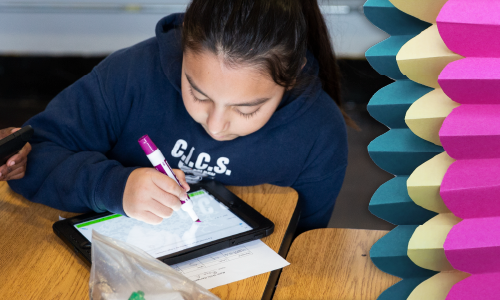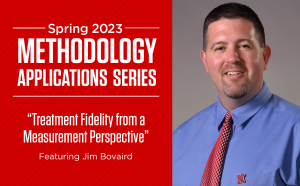
One of the tools for this goal is the World Health Organization's Quality of Life Old module (WHOQOL-OLD). Model utilizing digital technologies and autonomous learning concepts to improve students’ learning outcomes.īackground : A valid and reliable quality of life (QOL) assessment tool is critical for identifying health issues, evaluating health interventions, and establishing the best health policies and care plans. Therefore, this study proposed a learning Digital classes incorporating Google Form, Quizizz, Quizlet, Kahoot!, and Socrative were more effective than traditional classes in terms of learning outcomes. The results revealed learner autonomy in listening, structure, and reading skills, encompassing self-reliance, information literacy, linguistic confidence, and learning strategy. Data was gathered through a survey questionnaire and two tests (pre- and post-test), and wasĪnalyzed using descriptive statistics, the N-gain formula, the paired-sample t-test and ANCOVA.

Utilizing a quasiexperimental research design, a sample of 48 first-year railway mechanical technology students from an Indonesian polytechnic was used and assigned to control and experimental groups. This study investigated to what degree students can be autonomous in EFL classroom by deploying different digital technologies, including Google Form, Quizizz, Quizlet, Kahoot!, and Socrative, and the efficacy of these tools in online English classrooms. Discussion/Conclusion : Results suggest that this instrument is a trustworthy tool for continued research examining physical education teachers’ socialization and comprehensive school physical activity program involvement. Survey subscales had acceptable and high internal consistency coefficients.

Bayesian exploratory factor analytic procedures showed that items had statistically significant loadings and were quality measures of the corresponding constructs. The pilot test yielded 28 completed surveys (40% response rate). Results : Upon completion of expert feedback, three items were removed, four items were revised, and open-ended questions were added to each survey construct.


Method : Instrument development included a review of existing comprehensive school physical activity program and socialization instruments, Delphi method to evaluate face and content validity through expert feedback, and a pilot test to examine the instrument’s psychometric properties. Purpose : Utilizing teacher socialization in physical education theory, the aim of this study was to develop a survey to measure physical education teachers’ socialization experiences and comprehensive school physical activity program involvement.


 0 kommentar(er)
0 kommentar(er)
